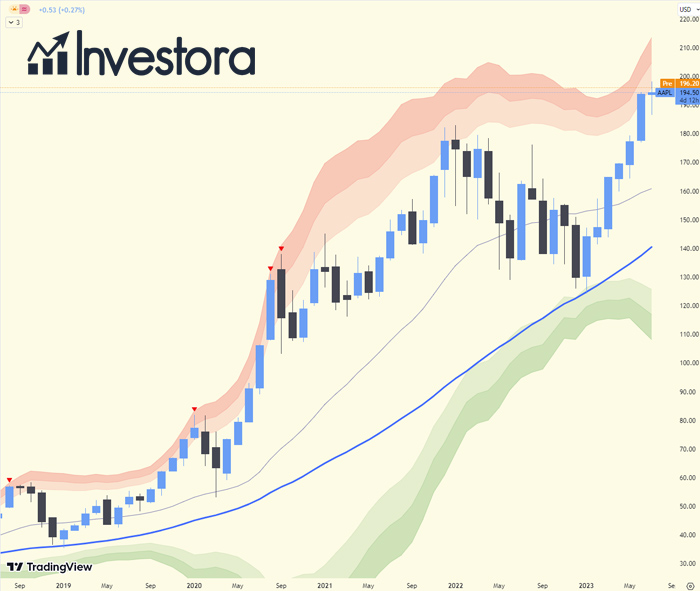
UK App Developers Sue Apple Over App Store Charges
Apple Inc., the American multinational technology giant, faces increasing legal scrutiny in the UK over its App Store fees. The company is grappling with a substantial class-action lawsuit totaling £785 million (approximately $1 billion). More than 1,500 app developers from across the UK have united, voicing their collective dissent against the Silicon Valley tech giant's alleged monopolistic practices.
The legal proceedings accuse Apple of exploiting its leading position in the marketplace by imposing a 15% to 30% fee on app sales executed via its proprietary iOS App Store. The plaintiffs argue that these fees are not just excessive but also counterproductive, hampering innovation and adversely affecting consumers by inflating app costs.

Interesting Fact: This is one of the biggest lawsuits Apple has faced in the UK, with over 1,500 app developers coming together to challenge the tech giant's fee structure.
Interestingly, this lawsuit builds on the findings of a US congressional report in July 2022. The report suggested that Apple employs its dominant hold over iOS and the App Store to stifle competition, essentially creating barriers for its rivals. It went on to underscore how Apple's monopoly negatively impacts competition, restricting consumer choice and leading to escalated prices.
Despite this, Apple maintains that its policies are fair and that over 90% of revenues generated from sales and billings directly benefit developers and businesses. The company further claims that it provides a global platform for small developers - who constitute more than 90% of all developers on the App Store - helping them to reach a wider audience and outperform larger developers.
Tip: As a potential investor, it's critical to consider both sides of this dispute to make an informed decision about the company's future.
The UK lawsuit, headed by Sean Ennis, a professor of competition policy at the University of East Anglia and former economist at the OECD, is financed by the UK litigation funder Harbour. Damien Geradin, a partner at law firm Geradin Partners, who is backing Ennis, has challenged Apple’s assertion of uniform fee application. He highlighted that only 16% of apps are subjected to the commission, implying selective application of the rules. Geradin also drew attention to the annual $99 fee that developers pay to Apple, suggesting that the company monetizes its store through multiple channels.
The plaintiffs hope their suit, if filed timely, could be amalgamated with Dr. Rachael Kent’s existing suit against the Apple App Store. This previous lawsuit, which seeks £1.5 billion ($1.9 billion) in damages, alleges Apple overcharges UK customers.
With its array of services and products, Apple has been a popular choice among investors. However, this ongoing legal challenge is likely to attract heightened attention, potentially influencing investor sentiment and market dynamics. Whether this lawsuit represents a real threat to Apple's dominance, or merely a hiccup in their operations, remains to be seen.
Interesting Fact: Besides the App Store fees, Apple also charges an annual $99 fee to developers, showcasing a diverse monetization strategy.
Frequently Asked Questions
How might this lawsuit against Apple impact its stock?
Legal disputes can have a varied impact on stock prices. While some investors might see this as a sign of potential regulatory trouble for Apple, leading to a decline in its stock price, others might view this as a temporary issue, unlikely to affect Apple's long-term prospects.
What does the lawsuit mean for other app developers and traders?
If successful, this lawsuit could set a precedent, potentially leading to a restructuring of the App Store fee system. This might benefit developers by reducing their costs and could also attract new investors interested in app development stocks.
How does this legal challenge affect the consumer?
If the lawsuit results in lower App Store fees, app developers may pass on the savings to consumers by lowering app prices or investing more in app innovation, leading to improved app quality and functionality.
- Share this article




